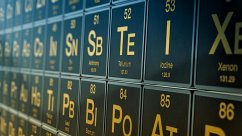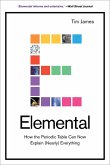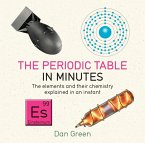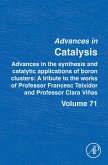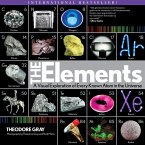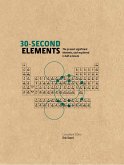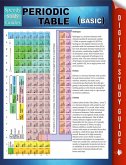The main group (s- and p-block) elements are among the most diverse in the Periodic Table. Ranging from non-metallic gases (e.g., hydrogen and fluorine), through semi-metals (e.g., metalloids such as silicon) to highly reactive metals (e.g., sodium and potassium). The study of the main group elements is important for a number of reasons. On an academic level they exemplify the trends and predictions in structure and reactivity that are the key to the Periodic Table. They represent the di-versity of inorganic chemistry, and the fundamental aspects of structure and bonding that are also present for the transition metal, lanthanide and actinide elements. The main group elements represent the most prevalent elements in the Earth's crust, as well as most of the key elements of life, and have enormous industrial, economic, and environmental importance. In this regard an understanding of the chemistry of the main group elements is vital for students within science, engineering, and medicine; however, it is hoped that those who make political and economic decisions would make better ones (or at least more responsible ones) if they had a fraction of the knowledge of the world around them. Since the position of the main group elements within the Periodic Table defines their properties (and vice versa) this represents a logical organization of the topics. Prior to introducing the elements, a series of general and background topics are covered to provide the basis for further discussion. The subsequent organization is based upon a Chapter for each Group of the s- and p-block elements; however, hydrogen is given its own chapter due to its importance as an element. Although the Group 12 elements are often omitted from a discussion of main group elements they have been included herein.
Dieser Download kann aus rechtlichen Gründen nur mit Rechnungsadresse in A, B, BG, CY, CZ, D, DK, EW, E, FIN, F, GR, HR, H, IRL, I, LT, L, LR, M, NL, PL, P, R, S, SLO, SK ausgeliefert werden.
Hinweis: Dieser Artikel kann nur an eine deutsche Lieferadresse ausgeliefert werden.

